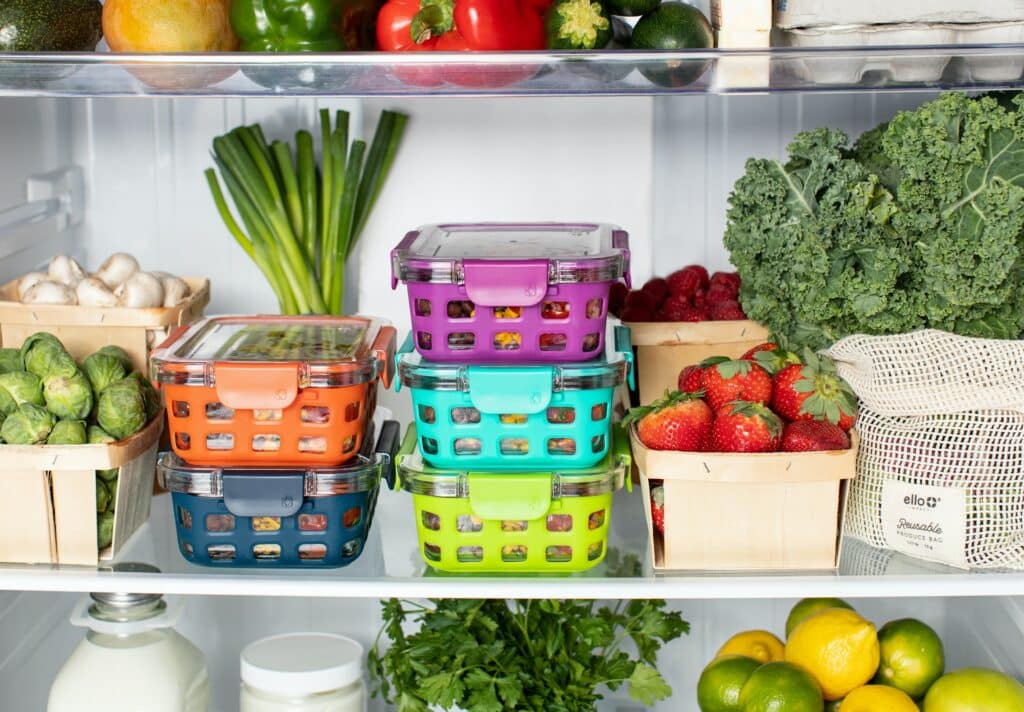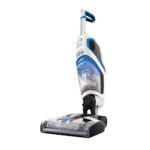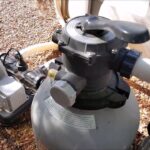Freezer Issues, Putting food in the freezer is a good way to save money because you can buy more than you need and freeze the rest if it’s on sale. But what happens when your freezer stops working and you don’t know why? What does it mean when your freezer thaws and refreezes? Is it a big deal? This article will look at some of the reasons behind these problems and how to solve them.
Table of Contents
What Causes a Freezer to Defrost and Refreeze?
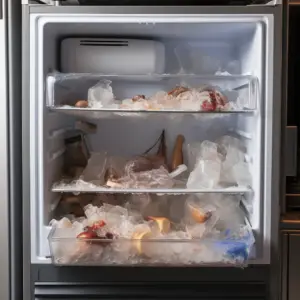
There are a number of reasons why a refrigerator might defrost and then freeze right back up. Some of the problems might be solved by simple cleaning and troubleshooting. However, others might require professional repair and service or even replacement.
Condenser coils
One of the main components of a refrigerator responsible for inconsistent temperatures is the condenser coils. These coils can get dirty or dusty over time, slowing down airflow as a result. This causes ice to build upon the evaporator coils or inside the freezer or refrigerator compartment.
To fix this issue, cut off the power to the refrigerator and remove its toe grille. Next, clean the condenser coils with a vacuum cleaner brush or a soft brush. Finally, clean the condenser coils on the back of the refrigerator, right below the fan on its rear.
Evaporator coils
The evaporator coils are found in the freezer behind a panel. You will know that there’s a problem if ice starts building up on the freezer ceiling or walls.
Freezer Issues the evaporator coils are covered in so much frost that the fan can’t move air over them, cooling is limited, and ice can build up even after the defrost mode operates.
The best way to test this is by removing all perishable foods, leaving the doors open, and placing towels in front of the refrigerator.
Next, turn off the refrigerator and freezer thermostat and wait about two days for the unit to defrost manually. Then, wipe up any resulting water and reconnect power, letting the refrigerator cool before adding any food. If the refrigerator no longer freezes up, the evaporator coils were responsible.
Defrost system
There are several components in the defrost system that might cause the freezer to defrost improperly, which results in freezing or icing even after the defrost program runs. The defrost timer, heater, and thermostat must work together for the defrost program to work correctly. If one of them is broken, icing might occur.
Freezer Issues suspect the defrost system is broken, contact your manufacturer to check if it’s covered in the warranty. Alternatively, you can contact a technician if you don’t have a warranty.
Compressor
Further problems that may cause freezing problems can be attributed to the refrigerator compressor or the refrigerant level. Contact a professional for further diagnosis of your refrigerator’s compressor.
Why is frost building up in the freezer?
Another commonly reported problem in freezers is frost building up inside. The most likely reason for this is a problem with the defrost heater.
To figure out the cause of the problem, you need to determine where the frost is coming from. Once you’ve got that figured, it will be easier to assess how to fix it.
If the frost is located in the freezer’s back section, it’s likely caused by an issue in the defrost cycle. This could mean all types of issues, and it’s best to have a professional look at it.
Why is the freezer too cold?
Freezers are supposed to be cold. However, if it gets too cold to the point that most of your food is covered in ice or frost while your refrigerator is warm, there might be a problem.
The most common reason for this problem is a defective defrost heater. This device is responsible for melting away any frost on the evaporator coils. However, when there’s a problem, frost builds up, making it hard for air to flow in and out of the system.
To ensure that the freezer stays at a good temperature, you should defrost it often.
Why is the freezer too warm?
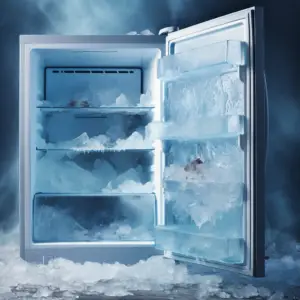
Your freezer can also be too warm, which is more of an issue because it can compromise the safety of the food inside.
Freezer Issues your freezer is too warm, the thermostat might be broken. That means it won’t accurately read the temperature and dictate how cold it should be inside the appliance.
Another reason could be that the sealant isn’t working and cold air is escaping instead of being trapped inside the freezer. This is not easy to fix on your own, but first, check to confirm that no food is in the way from preventing the door from shutting.
Why does food get freezer burnt?
Although your food should be frozen, it can get freezer burnt. This isn’t normally a problem with the freezer itself, but how the food is stored. If the food is dehydrated, the water molecules evaporate into the freezer and are replaced with oxygen molecules.
To avoid this, you should use plastic bags made specifically for the freezer. If you’re going to leave food in the freezer for a long time, you should also make sure you wrap it up really well.
Why is the freezer making too much noise?
Most freezers are generally quiet, so it becomes a problem when they become really loud.
If your freezer makes a very loud, uncharacteristic noise, it could be a problem with the evaporator. Also, excessive frost can cause problems with the fan, making it extremely loud. This can also be difficult to solve on your own, so it’s best to contact a professional to come and have a look at it.
In conclusion
Make sure to keep your freezer as low as possible. The cold air is heavier than warm air, so you’ll want to make sure that your freezer is level and the door on the bottom. Another good investment is a low-wattage refrigerator bulb. You can pick these up at any hardware store, and they will keep your freezer lit even during power outages.
